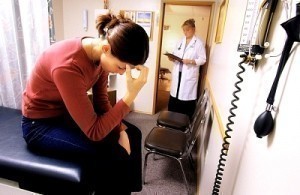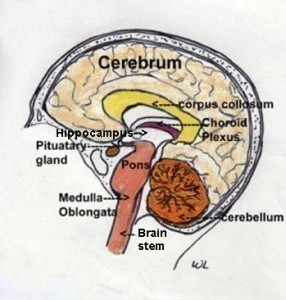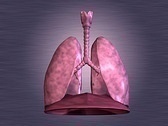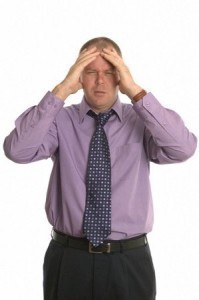Depression Treatment
There is more to depression than just a feeling of being sad or a feeling of impending doom, lifelessness, emptiness, and apathy. Depression is no ordinary feeling as most would describe. It engulfs one’s life day in and day out. It often interferes with the ability to sleep, study, work, and eventually have fun. Depression treatment will require one to understand what depression is in order to cope with it.
Symptoms/Signs of Depression
Part of the initial stages of depression treatment is identifying the symptoms of depression. You or a friend may already be suffering from clinical depression without anyone being able to correctly identify its signs. The following are indicators to look out for:
Thoughts that life isn’t worth living enters your mind
Being more short-tempered than usual
Loss of appetite/inability to stop eating
Inability to control negative thoughts
Inability to concentrate
Finds difficulty in previously easy tasks
Can’t sleep/sleeps too much
Do take note that the signs of depression varies from one individual to the other. However, the symptoms listed above are but the common ones you can watch out for. The challenge here is that these symptoms are also part of one’s normal life. Nevertheless, if you, a friend, family member, or loved one experiences more of the said symptoms in the said list then the stronger is the possibility that that person is suffering from depression.
It’s a clear indication that it’s time to seek help when such patterns or signs come to a point when they are already disabling or so overwhelming that a person can’t function in their everyday lives. Critical signs include a bleak outlook in life, loss of interest in hobbies and pastimes, inability to feel joy and pleasure, weight and appetite changes, and restlessness/irritability.
Warning Signs: Suicide and Depression
It is a fact that depression is indeed a main risk factor in cases of suicide. Hopelessness and deep despair coupled with a case of depression will make one think that suicide is the only means of escape. Here are some of the symptoms you should watch out for even if a person doesn’t seem to have a suicidal tendency:
An Abrupt switch from extreme depression to being happy and calm.
Feeling or saying that ‘everything will be better off without me’.
Getting one’s personal affairs in order.
Visiting friends and others just to say goodbye.
Acting like having a death wish.
Preoccupation with dying/death.
Feeling trapped and hopeless.
Talking about harming or killing self.
Remember that talking openly about suicidal feelings and thoughts can save a friend’s life. If you think someone is considering suicide then you should seek professional help.
Depression Treatment
Depression treatment is necessary for anyone who suffers from it. It may be a male friend who would more likely deny any feeling of hopelessness and self loathing. It also affects all teens that may just show irritability as a symptom. It could also affect older adults coping with poor health. And it may also affect women that, in part, experience depression because of hormonal factors.
The following are things you can do to get along the road of depression treatment.
Get Help and Support
Remember that you don’t have to face problems alone. Feelings of depression and helplessness are more of a symptom rather than reality. Anyone suffering from depression should find a support system. Take note that isolation will eventually fuel depression and slow down recovery.
Create Lifestyle Changes
These are truly hard to make. However, to the one suffering from depression, these lifestyle changes do make the biggest impact. Important changes include managing stress, getting regular sleep, having regular exercise, cultivating supportive relationships, learning relaxation techniques, and changing negative thought patterns.
Seek Professional Help
In case both a support system provided by friends and/or family and changes in your lifestyle aren’t enough to cope with depression then you should incorporate professional help. Health professionals can provide medication, therapy, and alternative depression treatments. Your doctor can provide you options to cope with your unique needs and situation.






